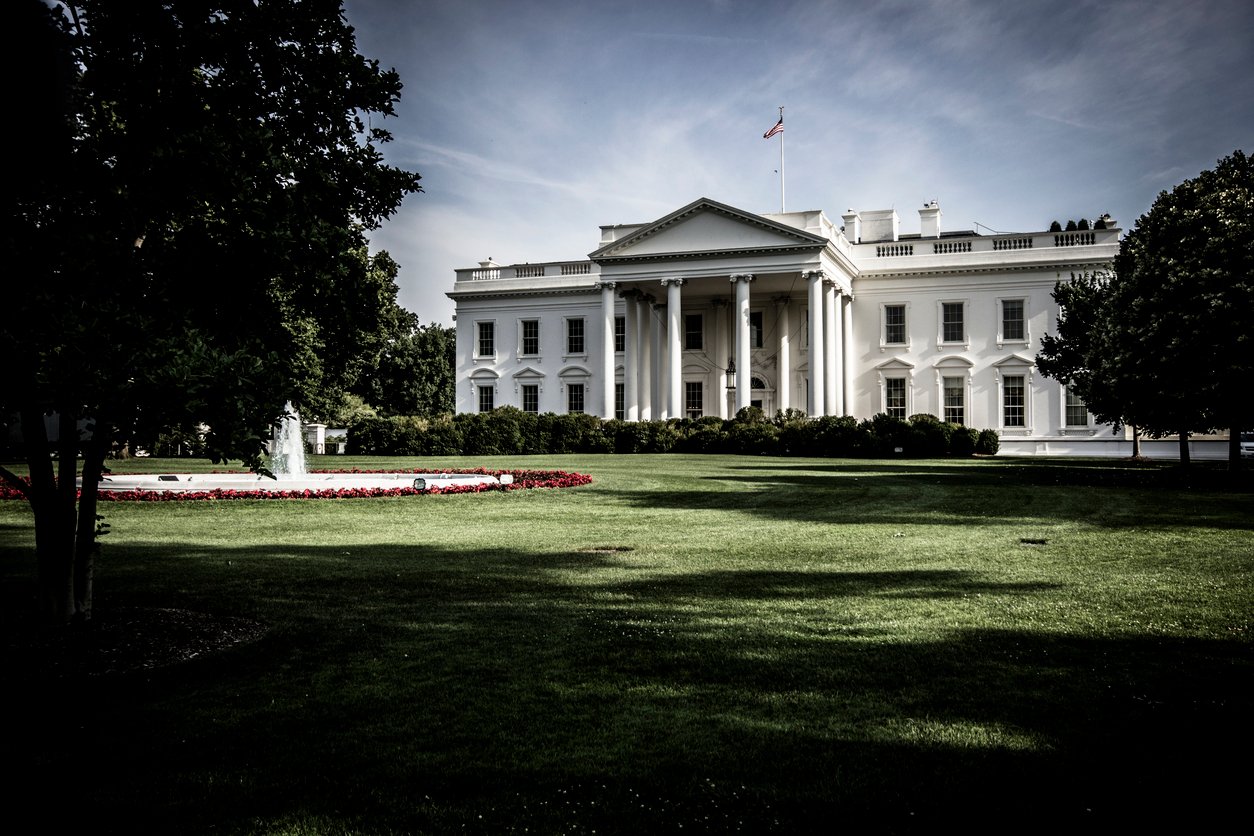This week, Washingtonian is reporting on one of the least-noticed but most important aspects of urban life: garbage. Read about why we’re doing this.
Don’t ask the White House to tell you who collects its garbage—it won’t tell you. In fact, much of 1600 Pennsylvania’s trash-collection process is kept under wraps. Even the most basic of confirmations are hard to nail down.
Why? According to deputy press secretary Lindsay Walters, the office “does not discuss security clearances.” (So, scrap that pitch to profile the presidential sanitation staff, it ain’t happening.)
The brick-and-mortar White House space, as well as the neighboring residence, functions as any other federal office and private home do in DC. That is to say, people generate waste, and that waste gets disposed. Yet some of the garbage from various departments and the Oval Office contain sensitive material—everything from off-the-record meeting details to the DNA on President Trump’s empty Diet Coke cans—which must be handled with care. In previous administrations, such refuse was reportedly tossed in “burn bags.” According to a CBS News report from 2006, officials in the Bush era used the bags to discard sensitive documents. One official told CBS News that everything goes into the bag at the close of business.
The Trump Administration did not respond to an inquiry about whether it uses burn bags, but after several rounds of prodding, Washingtonian was referred to the General Services Administration, which oversees day-to-day operations of the White House. In an emailed statement, a GSA spokesperson revealed that the Trump White House does, indeed, take out its trash and recycles to boot.
“Similar to our other GSA facilities, we use single stream collection for recycling, which means items are sorted offsite and recycled accordingly.”
The White House briefing room and reporter-filing quarters have both trash and recycling bins, but it’s unclear which company deals with the refuse, and whether those collectors must pass a round of security checks. GSA officials did not respond to follow-up questions about executive-branch trash collection. Residence upkeep is the responsibility of the East Wing, whose spokespeople also did not respond to requests for more information.




















